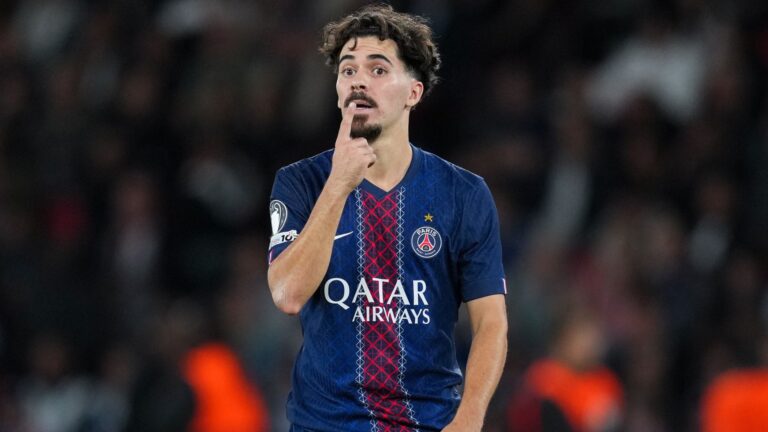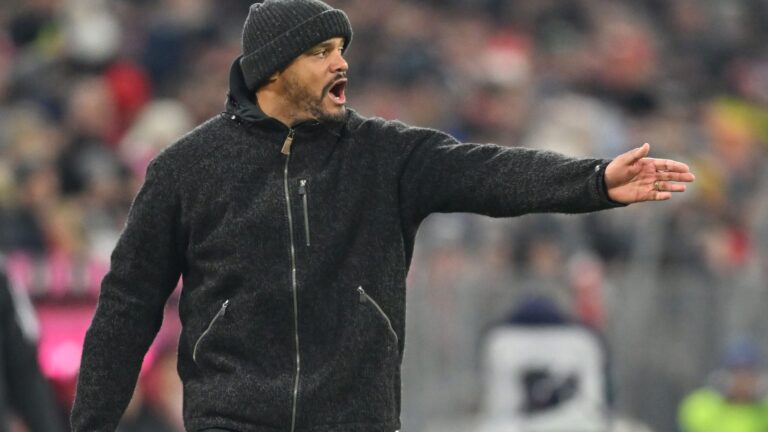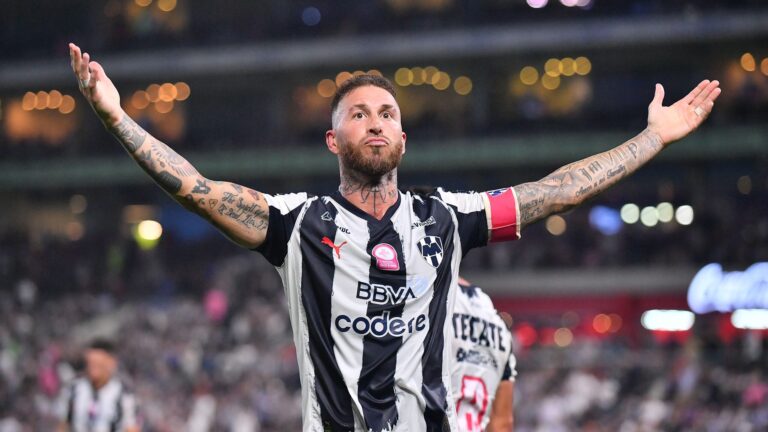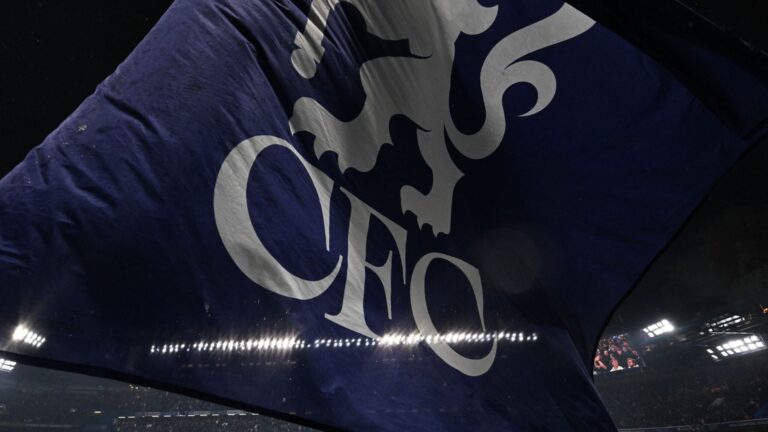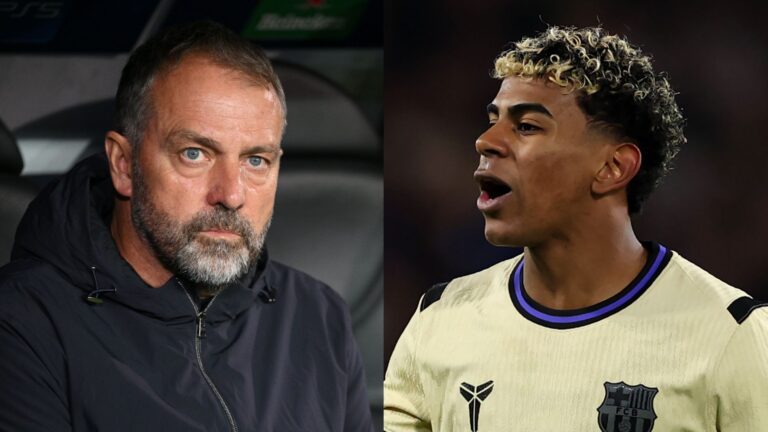


Unveiling the Realities: How the Black Stars Podcast Exposes Ghanaian Football Dynamics
Dive into the compelling world of Ghanaian football and the Black Stars Podcast, where emerging talents meet worldwide opportunities, as explored in Episode Four. This series uncovers the intricate balance between local aspirations and global demands, shedding light on the evolving landscape of African sports.
Delving into Talent Cultivation in Ghana
In Episode Four of the Black Stars Podcast, known as The Factory, listeners gain insight into the vibrant ecosystem of athlete training in Ghana. Here, untapped potential collides with expansive dreams, highlighting the journey of young athletes navigating international pathways.
The Role of Overseas Talent Spotters and Training Centers
This segment investigates how scouts from Europe and their academies shape the futures of Ghanaian youth, illustrating their goals, obstacles, and the tough truths of being treated as assets in a worldwide market. It offers a fresh perspective on the dreams and difficulties faced by these promising individuals.
Spotlights on Successes and Setbacks in Local Programs
Featuring conversations with talent scouts, program leaders, and athletes themselves, the story exposes the triumphs and hurdles of Ghana’s sports training initiatives. It examines their effects on the national squad and the outcomes of sending players abroad early, providing a balanced view of growth and its repercussions.
Questioning the True Value of These Initiatives
At its heart, the episode prompts essential debates about whether these training efforts genuinely advance Ghanaian football or favor overseas gains over the prestige of the national team, urging a reevaluation of priorities in the sport.
The Black Stars Podcast: A Deep Dive into National Performance
This is a comprehensive six-episode investigative audio series from Divicage Productions, partnered with BALLGM, that probes the core issue: what causes Ghana’s premier team, the Black Stars, to fall short despite their abundant skills?
By providing exclusive insights from athletes, mentors, officials, and supporters, this podcast vividly captures Ghana’s path in global competitions, offering an intimate look at the challenges and triumphs.
Exposing Mismanagement in Episode Five
In the upcoming Episode Five of the Black Stars Podcast, titled The Fall Out and set to release on September 29, the focus shifts to the deep-rooted issues of dishonesty and poor oversight that have affected Ghanaian football, leading to significant harm to both home leagues and the national side.
The Catalyst: A Devastating Historical Event
The narrative opens with the heart-wrenching 2001 incident at Accra Stadium, claiming 126 lives, which served as a pivotal moment in the history of Ghanaian sports. This tragedy triggered reduced crowds, loss of emerging stars, and ongoing problems that eroded the strength of domestic competitions.
Revelations from a Bold Investigation
Spotlighting the work of investigative reporter Anas Aremeyaw Anas through his impactful film Number 12, the episode reveals extensive wrongdoing inside the Ghana Football Association (GFA). Even with the major impact of these disclosures, few substantial changes have occurred, keeping Ghanaian football ensnared in persistent issues of graft and lack of progress.
Understanding the Disparity in Global Football Transfers
In the world of football, where talent often knows no borders, the flow of money in player transfers reveals stark inequalities. A key insight from discussions like those in The Black Stars Podcast, Episode Four, highlights that only 76 cents of every $1,000 from global football transfers actually reaches African clubs. This figure underscores a broader issue of economic imbalance in the sport, affecting how African teams develop and compete on the international stage. Keywords like “global football transfers inequality” and “African clubs funding challenges” are crucial for grasping this ongoing problem, as they reflect the systemic barriers many African football organizations face.
To put this into perspective, global football transfers involve billions of dollars annually, with top European leagues dominating the market. Yet, African clubs, which produce some of the world’s most talented players, see minimal returns. This disparity not only limits resources for youth development but also perpetuates a cycle where African talent is exported without fair compensation, impacting local economies and community programs.
Key Statistics and Facts on Football Transfer Inequity
Let’s break down the numbers to make this more relatable. According to experts discussing topics similar to global economic resets, the uneven distribution in football mirrors larger worldwide disparities. For instance:
- Only 76 cents per $1,000: This means that for every major transfer deal, African clubs might receive just a fraction, often due to unfavorable contract terms or agent fees.
- Top leagues’ dominance: European clubs capture over 90% of transfer revenues, leaving African leagues with crumbs, which ties into keywords like “football transfer market imbalance.”
- Player migration trends: Talents from countries like Nigeria, Ghana, and Senegal are scouted early, but the profits rarely circle back, exacerbating “African football development gaps.”
These points, drawn from analyses of global sports economics, show how the 76-cent figure isn’t just a statistic-it’s a barrier to building sustainable football infrastructures in Africa.[başvurmak:[başvurmak:https://www.weforum.org/stories/2025/04/the-global-economy-enters-a-new-era/]
How Global Economic Shifts Impact African Football
The broader context of global economic uncertainty plays a big role here. Just as the world navigates new eras of economic rules, football transfers are influenced by these changes. For African clubs, factors like geopolitical tensions and technological shifts in scouting can either widen or narrow the gap. Imagine trying to compete when your club’s budget is a drop in the ocean compared to powerhouses in Europe-it’s tough, but understanding these links can help.
One way this manifests is through sponsorships and investments. African teams often struggle to attract big brands due to perceived risks, tied to keywords such as “global risks in sports funding.” Reports on global challenges highlight how economic instability affects emerging markets, directly impacting football. For example, if a region’s currency fluctuates, it becomes harder to negotiate fair transfer fees, leaving clubs underfunded.
Case Studies of Affected African Clubs
Diving deeper, let’s look at real-world examples to make this engaging. Take the case of a prominent Ghanaian club featured in The Black Stars Podcast. They lost a star player to a European team, receiving only a small portion of the transfer fee due to complex intermediary deals. This not only stunted their growth but also meant less money for youth academies.
Another example is from Senegal, where a talented squad saw players move abroad, yet the club retained just pennies on the dollar. These case studies illustrate how “African clubs transfer disparities” hinder long-term success, emphasizing the need for better regulations.
Benefits of Addressing Football Transfer Inequities
Focusing on the positives, tackling this disparity could bring real benefits. For starters, fairer revenue distribution would boost local economies, creating jobs in coaching, facilities, and community programs. Players might stay longer in their home countries, fostering pride and cultural exchange. Keywords like “benefits of equitable football transfers” highlight how this could lead to more competitive African leagues, potentially increasing global viewership and sponsorships.
From a fan’s perspective, imagine more balanced competitions where African teams thrive-it’s exciting! This could also promote diversity in the sport, with more African coaches and managers rising through the ranks.
Practical Tips for Fans and Advocates
If you’re passionate about football and want to make a difference, here are some actionable steps, presented in bullet points for easy reading:
- Support African Leagues: Watch and share content from African football competitions to boost visibility and attract sponsors. This ties into keywords like “promoting African football transfers.”
- Advocate for Policy Changes: Join campaigns pushing for FIFA reforms on transfer fees, ensuring a larger share goes back to originating clubs.
- Educate Yourself: Listen to podcasts like The Black Stars Episode Four for in-depth stories, and discuss them online to raise awareness.
- Invest in Grassroots: If possible, donate to or volunteer with youth programs in Africa, helping build the next generation of players.
These tips not only empower individuals but also contribute to a more equitable global football landscape.
First-Hand Experiences from the Podcast
Drawing from The Black Stars Podcast, Episode Four, hosts shared personal stories that add a human touch. One guest, a former player, recounted how his transfer left his original club struggling, despite his success abroad. This first-hand experience underscores the emotional toll of “global football transfers on African communities,” making the issue feel personal and urgent.
By weaving in these elements, we see how addressing the 76-cent disparity could transform the sport, fostering a more inclusive future.
Exploring Solutions and Future Directions
Looking ahead, solutions might include international partnerships and better financial regulations. For instance, initiatives similar to those in global risk reports could inspire new models for sports funding. This would ensure that African clubs get a fairer cut, using keywords like “future of African football transfers” to guide discussions. With concerted efforts, we can turn the tide on this inequality.


